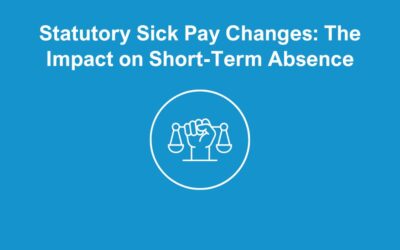When you welcome new employees into your business, the first few days and weeks are crucial. This is the time when they’re forming their first impressions, understanding the company culture, and setting the tone for their entire work life. One powerful tool that can significantly impact this process is the onboarding surveys. Here’s a look at the manifold benefits of introducing an onboarding survey to your organisation:
1. Gauge Initial Impressions:
The first impression often sets the tone for an employee’s journey in an organisation. By introducing this type of survey, you can gather insights into what’s working and what’s not, directly from those who are experiencing it first-hand.
2. Identify Areas for Improvement:
No onboarding process is perfect. Surveys can help highlight areas that might be overlooked or under-emphasised. This feedback allows HR and management to make timely adjustments, ensuring that subsequent welcome experiences are better than the last.
3. Boost Employee Engagement:
When employees see that their feedback is sought and valued, it instills a sense of belonging and value. They feel heard and believe that the company genuinely cares about employee experiences, fostering a deeper level of engagement right from the start.
4. Accelerate Productivity:
Understanding and addressing any onboarding concerns early can help new hires adjust faster. When they have the resources, information, and support they need, they can become productive members of the team more quickly.
5. Enhance Training and Resources:
Feedback from onboarding surveys can shed light on which training modules or resources are particularly helpful and which might need a revamp. This ensures that your training content is always relevant and effective.
6. Understand Cultural Fit:
While skills and qualifications are essential, cultural fit is just as crucial for long-term success. Through surveys, you can gauge how well new hires feel they align with the company’s values and mission, allowing for timely interventions if needed.
7. Reduce Early Turnover:
One of the most significant costs to businesses is employee turnover, especially when it happens soon after hiring. By addressing concerns and challenges early through feedback from onboarding surveys, companies can potentially reduce early-stage attrition.
8. Create a Feedback-Driven Culture:
Introducing evaluations early in an employee’s journey can set the tone for a feedback-driven culture. When employees see that feedback is regularly sought, analysed, and acted upon, it encourages a more open and communicative work environment.
9. Establish Benchmarks:
Collecting data from every new cohort allows companies to establish benchmarks. This can be instrumental in tracking the effectiveness of any changes made to the process over time.
10. Personalise the Experience:
Not all employees have the same needs or challenges during onboarding. Surveys can help identify individual needs, allowing HR to tailor the welcome experiences for different roles, departments, or individuals.
In Conclusion:
Onboarding surveys are more than just a series of questions. They’re powerful tools that, when used effectively, can transform the early experiences of new hires, setting them up for success and ensuring their journey in the company starts on the right foot. Embracing such tools reflects a company’s commitment to continuous improvement and the well-being of its most valuable asset: its employees.
Contact Us
If you would like help to create and introduce onboarding surveys in your business, feel free to contact us now.







